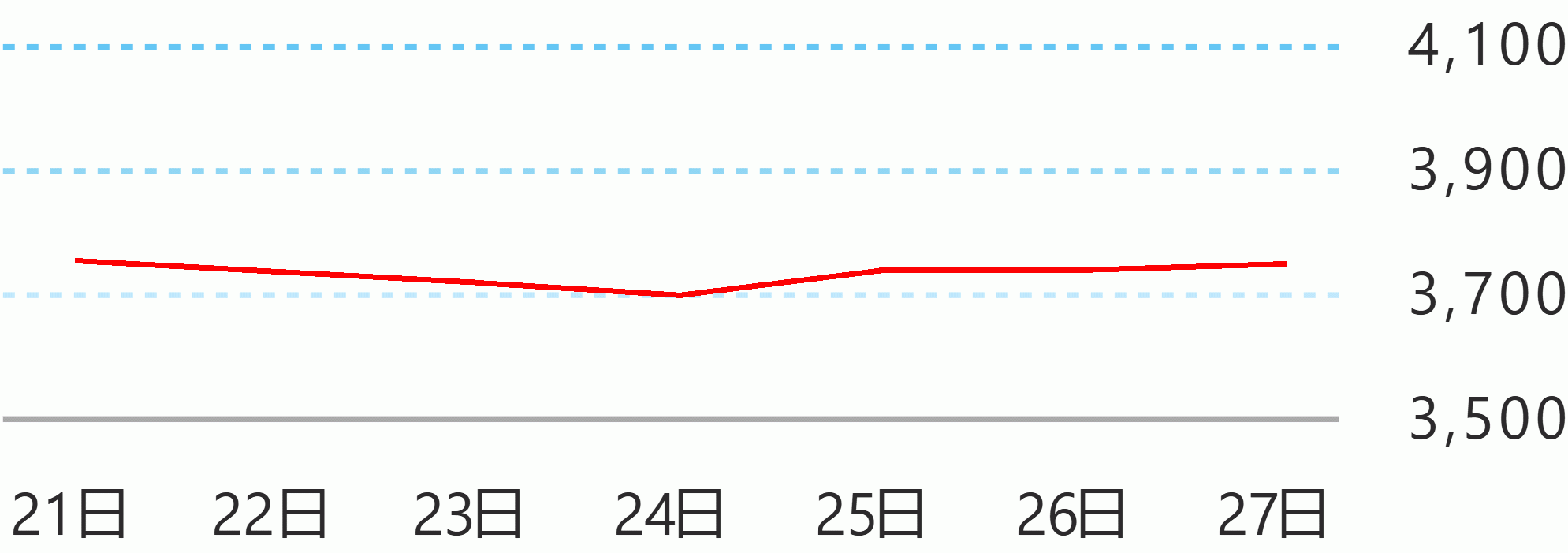The National Economic and Development Authority (NEDA) expressed confidence in the economic outlook of the Philippines, urging foreign business persons to invest in the country by taking advantage of the recent policy reforms and initiatives enacted and implemented by the government.
NEDA Secretary Arsenio Balisacan expressed this optimism during his speech at the 2024 Economic Outlook Forum hosted by the European Chamber of Commerce of the Philippines on Wednesday.
"While we confront challenges in the present ? and will undoubtedly encounter more in the coming years ? I remain confident that we will be able to stay the course, do what it takes to propel and sustain our economic momentum for this year and the next, and achieve our long-desired vision of a strongly-rooted, comfortable, and secure life for every Filipino," said Balisacan.
In the third quarter of 2023, the Philippine economy grew by 5.9 percent. NEDA estimates show that the country will need to grow by at least 7.2 percent in the fourth quarter to meet the low end of the GDP growth target of 6 to 7 percent for the year.
"Comparatively, the Philippines still finds itself among the best performers in the Asian region ? only slower than India. We note that the major economies and the country's peers in the region have seen their growth prospects diminished even more because of the global slowdown in economic activity," said Balisacan.
Despite external and domestic risks to the country's growth outlook, Balisacan remained optimistic, outlining the government's strategies to deal with such threats, including implementing inter-agency, non-monetary measures to address supply-side constraints and arrest the increases in food prices and hastening the efficient implementation of programs to raise government spending.
He said the importance of leveraging the country's demographic transition, highlighting the need to build the infrastructure that, in turn, will encourage job-generating investments that can absorb the influx of younger workers.
"To capitalize on this asset of a young and dynamic workforce, we must ? though it's sometimes tricky ? implement the strategy of sustaining massive infrastructure spending," Balisacan said.
He sees the government's recent reforms to improve the investment ecosystem in the country to bolster the massive infrastructure spending in the coming years.
The recently-signed Public-Private Partnership (PPP) Code was among those highlighted by Balisacan, who noted how the law will address the many concerns regarding the legal and regulatory regime for PPPs and thereby create a more stable and predictable regulatory environment for such big-ticket investments. NEDA Public Affairs





 English
English









